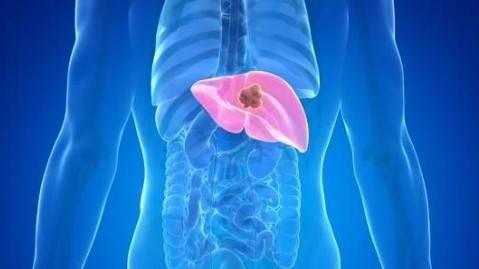
Liver cancer is the third leading cause of cancer death in Hong Kong. If patients are unable to undergo surgical resection, are there any other therapies that may be used to remove cancer cells within a short period of time? In recent years, ablation has been seen as an alternative treatment option for some patients.
During ablation therapy, a special device transmits heat into the area around the tumor to destroy tumor tissue. This type of treatment is suitable for tumors that are between one and four centimeters in diameter, and is usually considered a viable treatment option for patients whose tumors are around one to two centimeters in diameter and have high surgical risk, such as elderly patients.
Commonly used ablation methods include radiofrequency ablation and microwave ablation, with doctors determining the method based on the size, location, and other aspects of the tumor. The main differences between the two methods are the type of energy and probe used, as well as ablation temperature. In radiofrequency ablation, the probe is thinner and the electrical current heats the tumor to around 60 to 70 degrees Celsius. Microwave ablation, on the other hand, involves the use of a relatively thicker probe, which delivers heat of up to 100 to 200 degrees Celsius to a broader area around the tumor.
Guided by imaging techniques such as ultrasound or laparoscopy, both ablation methods involve inserting a probe into the tumor, delivering energy and heat, and repeating the process over several cycles until all the tumor tissue is destroyed. In terms of efficacy, the recurrence rate for tumors (between one and two centimeters in diameter) treated with ablation therapy versus those treated with surgical resection is comparable.
When it comes to deciding between surgical resection and ablation, doctors will generally consider the condition of the tumor, the patient’s liver function, and surgical risk. In some cases, opting for ablation therapy will allow for more healthy tissue to be preserved when compared to surgical resection.
There are many different treatment methods for liver cancer, each with varying degrees of efficacy and risk of complications. Each patient’s extent of disease and health condition also play a role in determining the treatment option. Among the tests, the preoperative indocyanine green (ICG) clearance test is especially important for liver cancer surgery. This test is mainly used to assess the detoxification and metabolic function of the liver, which allows doctors to accurately evaluate the condition of the liver and assess the risk of the surgery. If you have any questions regarding treatment for liver cancer, please consult your doctor.















